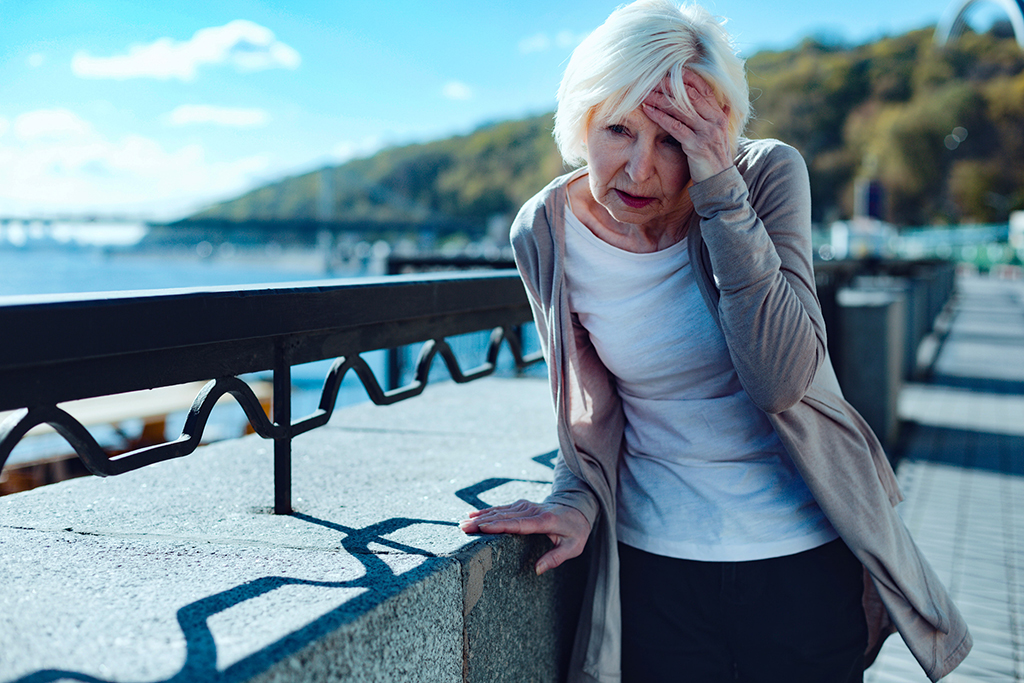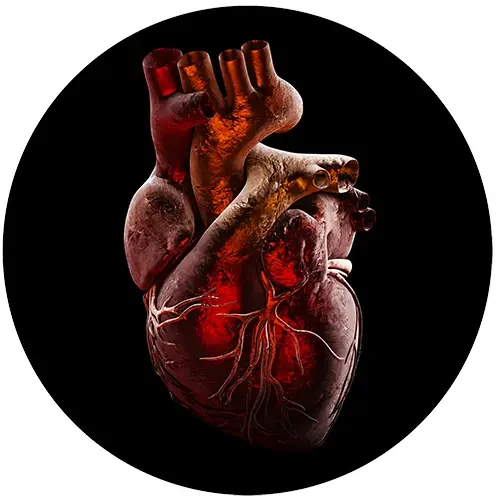What is the experience of light-headedness like?
Besides feeling faint, you may also have somewhat clouded vision. It is possible that you will feel nauseous. Light-headedness usually subsides when you lie down or put your head between your knees.
What causes light-headedness?
Feeling light-headed is common from time to time. Anything that causes low blood pressure in the brain or reduced blood flow to the brain can cause it. Perhaps the most common is orthostatic hypotension - standing up too quickly. there is a momentary drop in blood pressure and decreased blood flow to your head when you get up too quickly from being seated or from lying down. This is more likely to happen if you are dehydrated. It is also more likely if your heart rate is slow. This can happen because of heart diseases itself or because of drugs used to treat heart diseases.
Bleeding can also cause light-headedness. This is no surprise if you have an obvious wound and are losing blood. But occult bleeding - bleeding that is not obvious - may go on for days or weeks and eventually start causing light-headedness.
HCM patients may experience light-headedness more often. Palpitations and obstruction may contribute to light-headedness. Episodes may happen along with exercise or without any apparent cause. Report these episodes to your doctor!
Not all light-headedness has a serious cause. You might just need to drink more water. But since it can be serious, it's best not to try to diagnose yourself.
Treatment and prevention of light-headedness
Get your head down. Lie down or put your head between your knees. Elevate your feet. Do not stand up again until well after the light-headedness has subsided. And do so slowly!
Things that can help include drinking more water or other fluids with electrolytes. Eating or drinking something sugary often helps as well. If you are diabetic, obviously you should check your sugar.
Your cardiologist should know about your light-headedness. They may want to do testing to look for arrhythmias or changes in your obstruction. They may also want to change your prescription drugs. Do not change the drugs you are taking without talking with your doctor!
Patients are often advised to stand up slowly to avoid orthostatic hypotension. This is good advice but for many people almost impossible to carry out. If that is the case for you, a better strategy may be to try not to be surprised, and be ready to grab something if you suddenly find yourself feeling light-headed.










